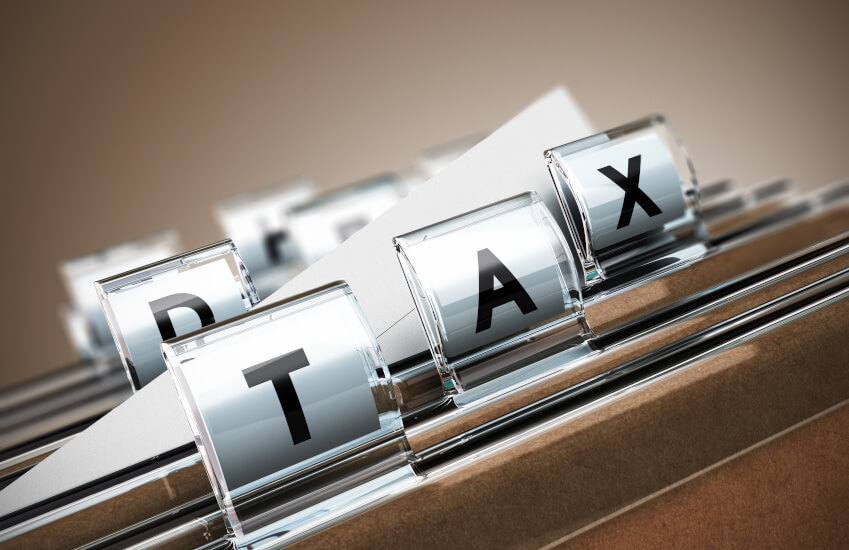Last month, the Treasury Laws Amendment (Black Economy Taskforce No.1) Bill 2018 secured passage in the Senate, extending the TPRS regime to the cleaning and courier industries, with a retrospective start date of 1 July 2018.
The ATO has now set out guidelines for each industry, with the first taxable payments annual report (TPAR) due 28 August 2019.
You’re out of free articles for this month
Despite the law aimed primarily at business providing cleaning and courier services at face value, the TPRS covers a wide range of businesses that include such services as an addition to their primary service, with ATO deputy commissioner Deborah Jenkins calling for businesses to get across the change.
“This new law isn’t limited to cleaners and couriers. Any [small business] that contracts a cleaning/courier service (e.g. event managers or restaurants) could be affected,” she said.
Speaking to Accountants Daily, Pitcher Partners partner Craig Whatman said a wide range of businesses might be affected if they had paid contractors for cleaning or courier services in the financial year, and if the receipts from those services represent more than 10 per cent of the business’ total projected GST turnover.
“The ATO’s draft law companion ruling considers the rules in relation to restaurants using delivery services, florists supplying bouquets online, retailers who have goods sent to customer homes through a distribution service, gardeners and even event organisers who might get a venue cleaned as part of their service,” said Mr Whatman.
“There are a few things you need to assess, including whether the service is integral to the supply of your goods and services, and that can come down to a technical argument about whether you as a florist, for example, make one supply of flowers or two supplies — flowers and then delivery.
“Then it is about looking whether your fees for those services make up more than 10 per cent of your total GST turnover, which is possible,” he added.
“The key for a business is to understand exactly their contractual terms with their customers, whether these services are integral or ancillary to their business, and exactly what proportion of their income is from these services, so they can calculate their annual amounts.”
Further, Mr Whatman believes that while the ATO was using a crackdown on couriers and cleaners to make inroads into the black economy, there was reason to suspect the range of contracted services could be expanded — and with that the number of businesses who may need to report payments.
“This is clearly a strong data-matching operation being undertaken by the ATO allowing it to compare information included in the taxable payments reports with lodgements for income tax and GST purposes,” he said.
“It becomes a very easy way for the ATO to hone in on underreporting of obligations and we understand there are teams of people doing data matching and launching investigations in this area.
“The taxable payment reports are a tool that works in terms of identifying black economy transactions, so it would make sense going forwards that the government might think about extending it to other industries.”
This email address is being protected from spambots. You need JavaScript enabled to view it.
Jotham Lian
AUTHOR
Jotham Lian is the editor of Accountants Daily, the leading source of breaking news, analysis and insight for Australian accounting professionals.
Before joining the team in 2017, Jotham wrote for a range of national mastheads including the Sydney Morning Herald, and Channel NewsAsia.
You can email Jotham at: This email address is being protected from spambots. You need JavaScript enabled to view it.

 Login
Login







